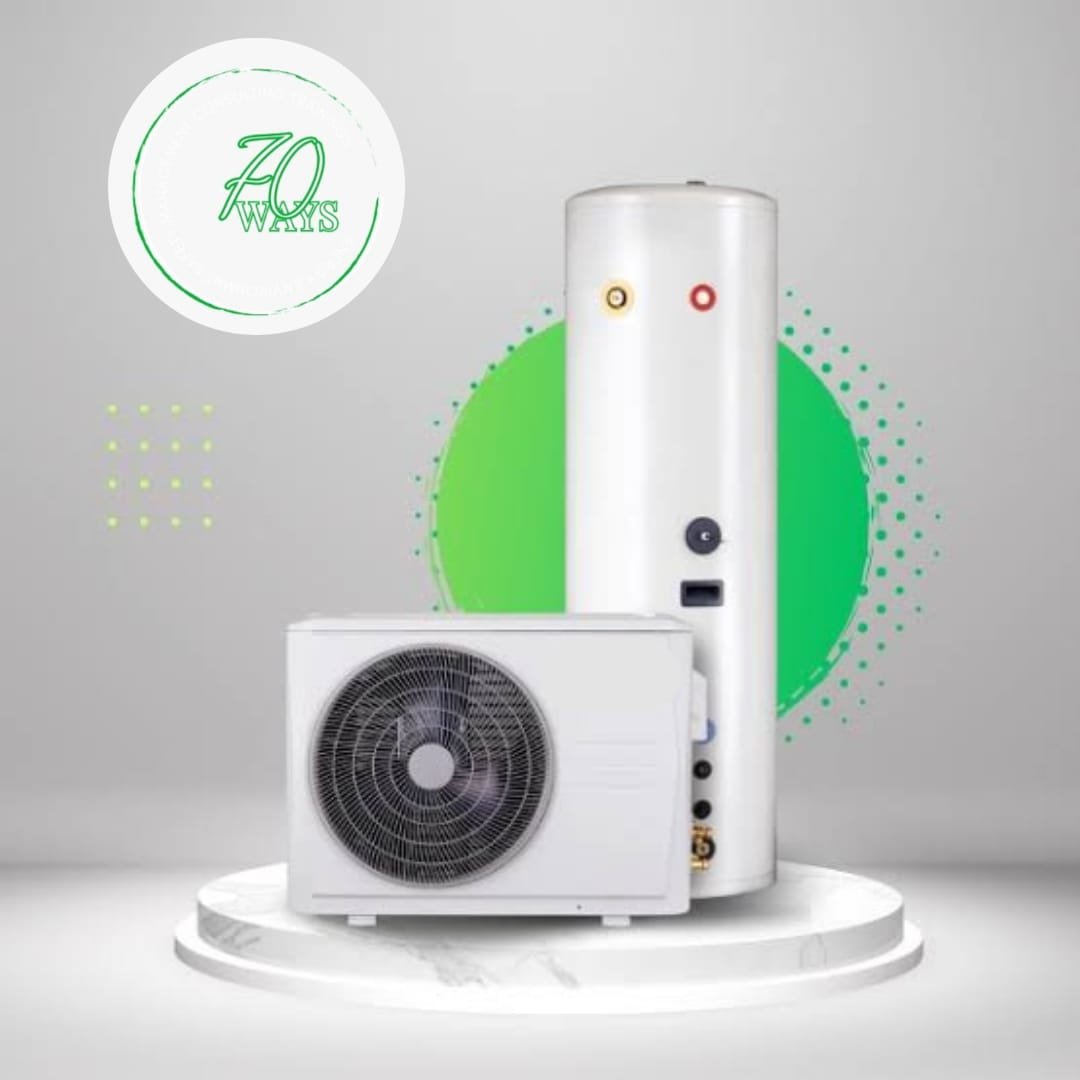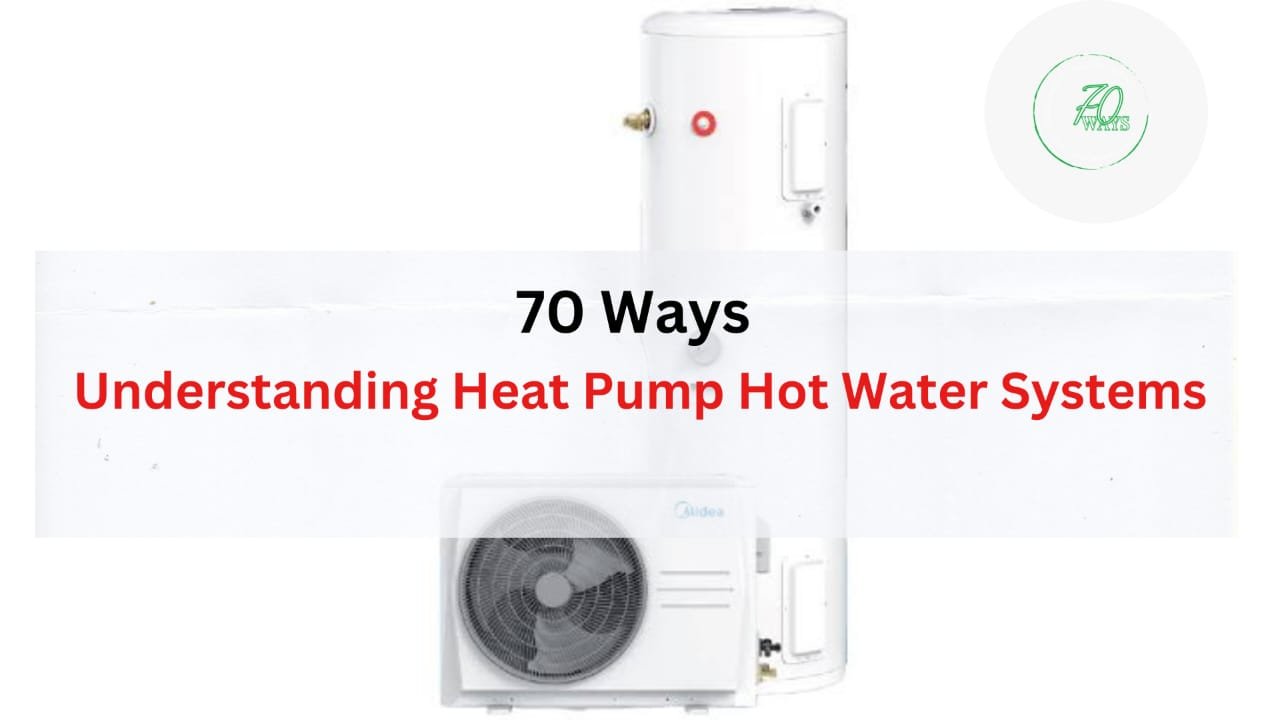Heat Pump Hot Water Systems: An Energy-Efficient Hot Water Solution
Looking for a smarter, more sustainable way to heat your water? A heat pump hot water system could be the perfect solution. These systems are gaining popularity for their ability to cut energy costs, reduce environmental impact, and offer long-term savings.
In this guide, we’ll explain what a heat pump hot water system is, how it works, its key benefits, and what to consider before installation.
What Is a Heat Pump Hot Water System?
A heat pump hot water system heats water using electricity, but in a much more efficient way than traditional systems. Instead of generating heat directly, it transfers heat from the air (or ground) into the water tank, making it up to 3–4 times more efficient than conventional electric water heaters.
Types of Heat Pump Water Heaters
1. Air Source Heat Pumps
These absorb heat from the surrounding air. They are the most common type and suitable for most Australian climates.
2. Ground Source (Geothermal) Heat Pumps
These extract heat from the ground. They are more efficient but require more complex installation.
3. Hybrid Heat Pump Systems
Combining traditional electric elements with heat pump technology, these systems offer added reliability and flexibility.

Key Benefits of Heat Pump Hot Water Systems
✅ Energy Efficiency
Heat pump systems can reduce water heating costs by up to 75%, thanks to their efficient heat transfer process.
✅ Lower Carbon Footprint
By using renewable energy from the air or ground, these systems significantly reduce greenhouse gas emissions, making them an eco-friendly option.
✅ Long-Term Savings
Although initial costs can be higher, energy savings and government rebates make heat pump systems a wise investment.
✅ Versatility
They can be installed in homes, apartments, and commercial spaces, offering adaptable solutions for various needs.
Considerations Before Installing
Space Requirements
Heat pump units need good airflow. They’re best installed outdoors or in well-ventilated indoor areas.
Climate Suitability
While effective in most climates, extreme cold can affect performance. Hybrid systems may be better in colder regions.
Noise Levels
Some units make operational noise. Opt for quieter models or place them away from bedrooms and living spaces.
Maintenance
Regular upkeep—like filter cleaning and system checks—is essential for long-term efficiency and durability.
Choosing the Right System
Assess Your Household’s Hot Water Needs
Think about your usage: number of residents, daily hot water use, and peak usage times.
Compare Brands and Features
Look at energy ratings, warranty coverage, and customer reviews to choose the best fit.
Consult a Licensed Installer
A qualified professional can recommend the ideal system and ensure it’s installed correctly and safely.
Installation Steps
-
Site Inspection
An installer will assess the best spot for your unit based on airflow, accessibility, and space. -
System Selection
Based on your needs and the site inspection, they’ll suggest the most suitable model. -
Professional Installation
The unit is installed and connected to your plumbing system, meeting local building regulations. -
Testing & Maintenance Guidance
The system is tested, and you’ll be shown how to maintain it for optimal performance.
Final Thoughts
A heat pump hot water system is a smart, eco-conscious investment for any homeowner. With benefits like lower energy bills, reduced emissions, and potential rebates, it’s a clear step toward sustainable living.
Ready to make the switch?
Explore our range of heat pump hot water systems today, and take the first step towards a more sustainable future!
For Consultation click Here.
For Contact details Click Here.
70 Ways Heat Pump Overview Click Here.
Government rebates Click Here.

